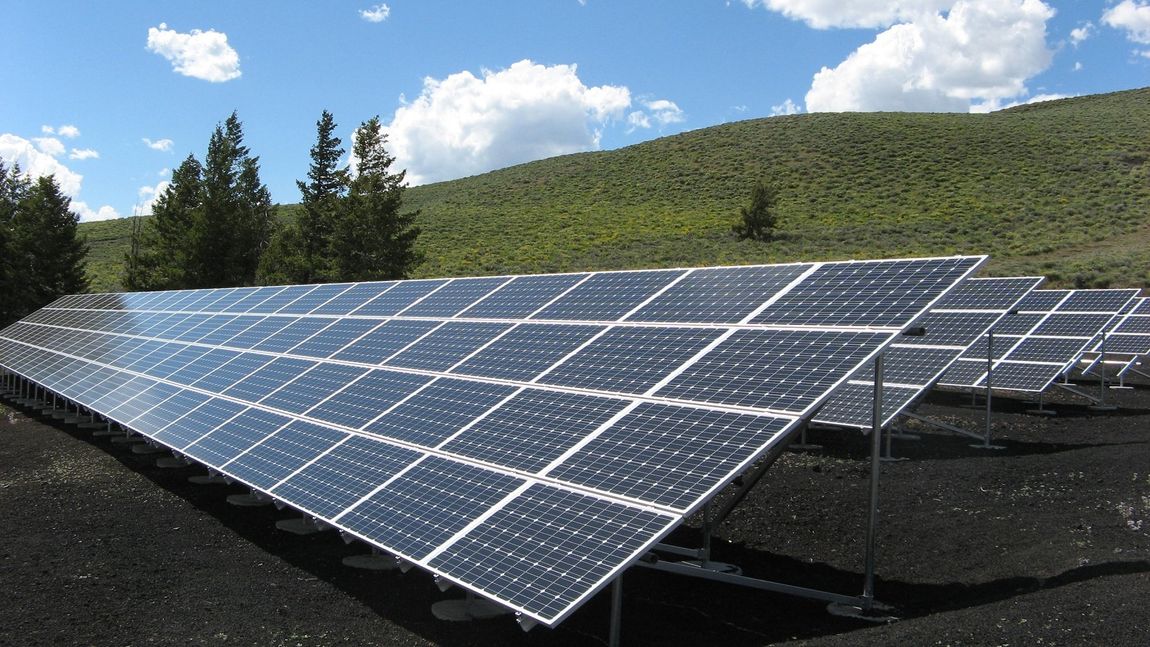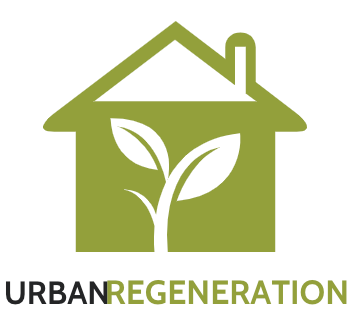
** DRAFT WEBSITE - CHARITY COMMISSION REGISTRATION PENDING**
We advise, guide and promote regeneration in urban inner city areas suffering from
social & economic deprivation
Our dedicated consultants, town planners, architects and contractors are committed
to provide advice and design schemes that are energy efficient and eco-friendly.
We provide services to regenerate areas where the housing needs support
our objective to provide long term benefits to tenants and homeowners.
Energy Efficient
Eco Friendly
Meeting
Housing Needs
Long Term Benefits
We are currently engaged to provide professional services to property developers in the East Midlands who plan to deliver 450 residential units in areas requiring regeneration, whilst providing entry level housing to local communities. Our clients developments are supported by their local authorities and are keen to provide, with our expert assistance, environmentally conscience developments with the following features:
Modern Methods of Construction
Sustainability
Community Development
Energy Efficiency
Recycled Materials
Security and Safety
See below for further details of the developments we are currently working on for our clients.
Our Objective
The objective of our charity is to promote and facilitate the development of eco-friendly and sustainable properties in areas of high demand where dis-used land and buildings can be developed or re-purposed to provide entry level housing. We provide support, guidance and resources to property developers to help ease the pressure on local housing needs. We are a self funded charity, supported by professionals who care about creating a sustainable built environment for future generations to enjoy.
Whilst doing this, we encourage the adoption of environmentally responsible practices and technologies by developers, aiming to reduce the carbon footprint of developments, whether they be re-purposed buildings or new builds, and promoting a more sustainable future. By partnering with property developers and providing them with the tools they need to build green, we hope to make a significant contribution to the global effort to combat climate change and protect the planet for future generations, while providing desperately needed entry level housing stock.
Our Expertise
Our team is experienced in eco-friendly developments, providing expert advice and support to property developers who are committed to building sustainable and environmentally responsible projects. With a team of highly qualified professionals who are dedicated to the cause of sustainability, we have a deep understanding of the latest green building practices, technologies and materials, as well as the regulatory landscape surrounding eco-friendly development. Our expertise is rooted in years of experience working with developers of all sizes and across a range of property types, from re-development to new build projects.
Our team is made up of architects, contractors, city planners and legal advisors who all have extensive experience in eco-friendly methodologies in the built environment.

Methodology
Typically, there are several ways to make a development energy efficient, including incorporating heat pumps and heat saving measures. While every project presents differing opportunities and obstacles, generally we advise clients on how to adopt the following broad strategies:
- Design the building with energy efficiency in mind: Start by designing the building to be as energy-efficient as possible. This can include using passive solar design principles, such as orienting the building to take advantage of natural sunlight and shading, as well as selecting energy-efficient materials and insulation.
- Install a high-efficiency HVAC system: Install a high-efficiency heating, ventilation, and air conditioning (HVAC) system, such as a heat pump, that is properly sized for the building. This will help to reduce energy consumption and costs while still keeping the building comfortable.
- Insulate the building properly: Ensure that the building is properly insulated to prevent heat loss. This includes insulating the walls, roof, and floors, as well as sealing any gaps or cracks that could allow air to leak in or out.
- Use energy-efficient windows: Install energy-efficient windows that are properly sealed to prevent drafts and reduce heat loss. Consider using double- or triple-paned windows with low-emissivity coatings to further improve their energy efficiency.
- Use energy-efficient lighting: Use energy-efficient lighting, such as LED bulbs, throughout the building to reduce electricity usage and costs.
- Use energy-efficient appliances and equipment: Install energy-efficient appliances and equipment, such as refrigerators, dishwashers, and washing machines, that are ENERGY STAR certified.
- Use renewable energy sources: Consider using renewable energy sources, such as solar panels or wind turbines, to generate electricity for the building.
- Monitor energy usage: Finally, monitor energy usage regularly to identify any areas where energy consumption can be reduced further. This can include conducting regular energy audits and providing training to occupants on how to use the building efficiently.
In addition to the above initiatives, using recycled materials in a building project is a great way to reduce waste, save money, and be environmentally friendly. We have explained below how we advise clients on a consultancy basis on how to incorporate recycled materials into their building projects:
Identify materials: Start by identifying materials that can be sourced from recycled materials. Some common examples include reclaimed wood, recycled steel, recycled glass, and recycled plastics.
Determine quality and suitability: Ensure that the recycled materials you plan to use are of good quality and suitable for the intended use. You may need to conduct some tests or inspections to determine their suitability.
Find suppliers: Look for suppliers that specialise in providing recycled materials. You can also search for local recycling centres, salvage yards, or second-hand stores that may have what you need.
Design considerations: When incorporating recycled materials into your building design, ensure that they fit seamlessly with other materials used in the project. Consider factors such as colour, texture, and durability.
Follow regulations: Make sure that you follow all building codes and regulations related to using recycled materials in construction.
Proper installation: Proper installation of recycled materials is important to ensure their longevity and functionality. Consult with a professional contractor or architect to ensure that the materials are installed correctly.
Our contractors, architects and planning professionals meet with our clients to practically advise how to make developments energy-efficient, maximise energy consumption savings and reduce all related costs.





